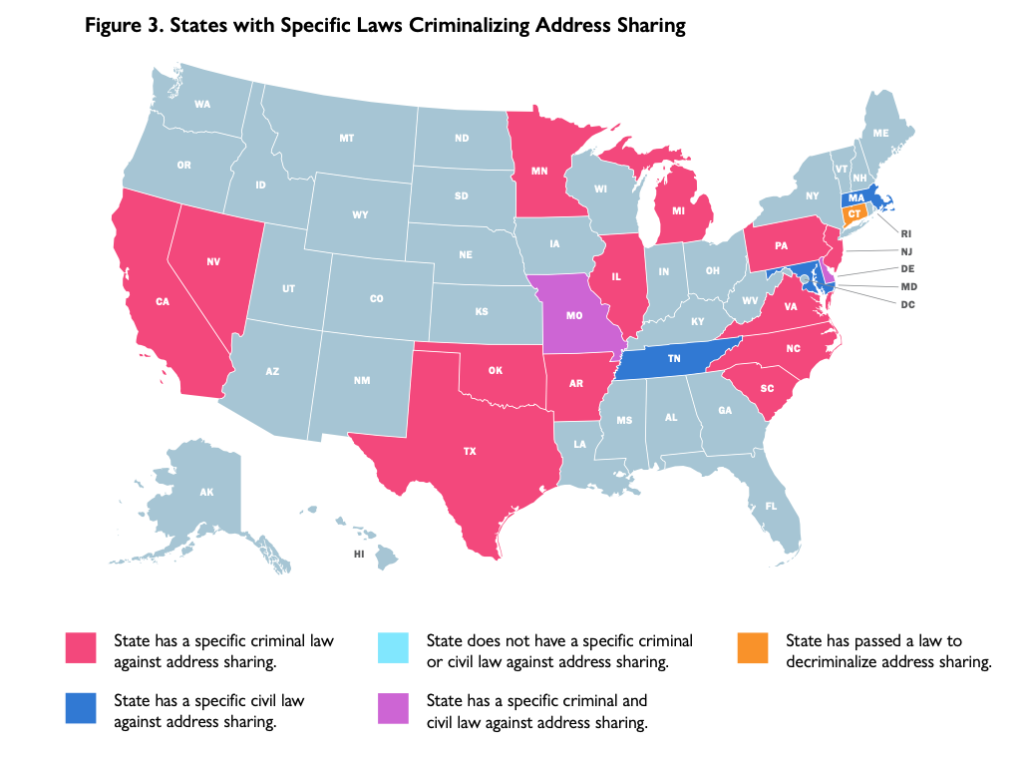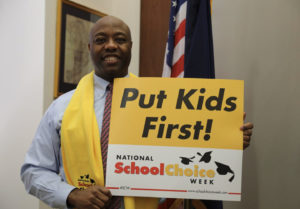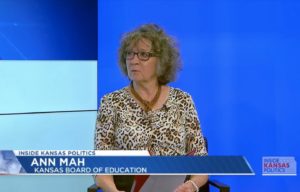Public education watchdog blasts nationwide practice of prosecuting parents who defy public school zip code assignments
A new report suggests that many parents across the nation are made out to be criminals for enrolling their children in high-performing schools.
Their crime? Rebelling against the zip code…

A new report suggests that many parents across the nation are made out to be criminals for enrolling their children in high-performing schools.
Their crime? Rebelling against the zip code assignments used in public education that critics call archaic and discriminatory.
Available to All, a public education watchdog, revealed that parents in many states can be criminally prosecuted for trying to get their child into a high-quality public school.
In its new report, Available to All found that 24 states have laws or precedent to prosecute “address sharing.”
Address sharing is when a parent uses a friend or family member’s address to enroll their child in a school.

“Public school districts are unique in that they are government entities that deny service to a portion of the public based on where someone lives,” researchers wrote. “Other locally funded services, such as parks, libraries, and health clinics, do not use a person’s address to admit some and turn others away.”
Some states have explicitly banned address sharing while others use more general laws to punish families.

Parents who address share have been accused of larceny and fraud and can be forced to pay back tens of thousands of dollars in stolen “tuition” to public schools – who are supposed to be tuition-free.
One such mother, Kelley Williams-Bolar, used her parents’ address to get her daughters into a high-quality school.
When the school found out, Williams-Bolar was sentenced to five years in jail, though she only served nine days. Her father was also convicted and died in prison after serving 11 months.
Williams-Bolar, who now works with Available to All, believes public education needs to stop vilifying parents for wanting better outcomes for their kids.
“[The media] made me out to be a horrible villain,” she told The Lion in April. “I don’t understand [why] we’re making parents out to be the bad person. That’s why it’s time to revamp.
“I will go to the end to fight for parents and their children and their rights, because we’ve got rights. Parents have rights, but they [the public school establishment] don’t want to acknowledge that because, again, they feel like this is more like a business.”
There are countless other stories like Williams-Bolar’s – stories of low-income or minority parents who wanted a better education for their child but were trapped in failing schools by arbitrary zip codes.
That’s why Available to All and other school choice advocates are demanding that states decriminalize address sharing and pass open enrollment laws – so that public schools will be truly public.
“The legacy of racial and socioeconomic segregation and school assignment lives on and has real impact on the quality of education,” said Available to All. “There is nothing that requires states to assign students to schools using district boundaries or to use criminal or civil codes to enforce those boundaries.”
However, the report reveals that districts have even hired private detectives to investigate if families are address sharing.
Critics says this alarming trend is just a part of nationwide campaign to villainize parents and eject them from education.



